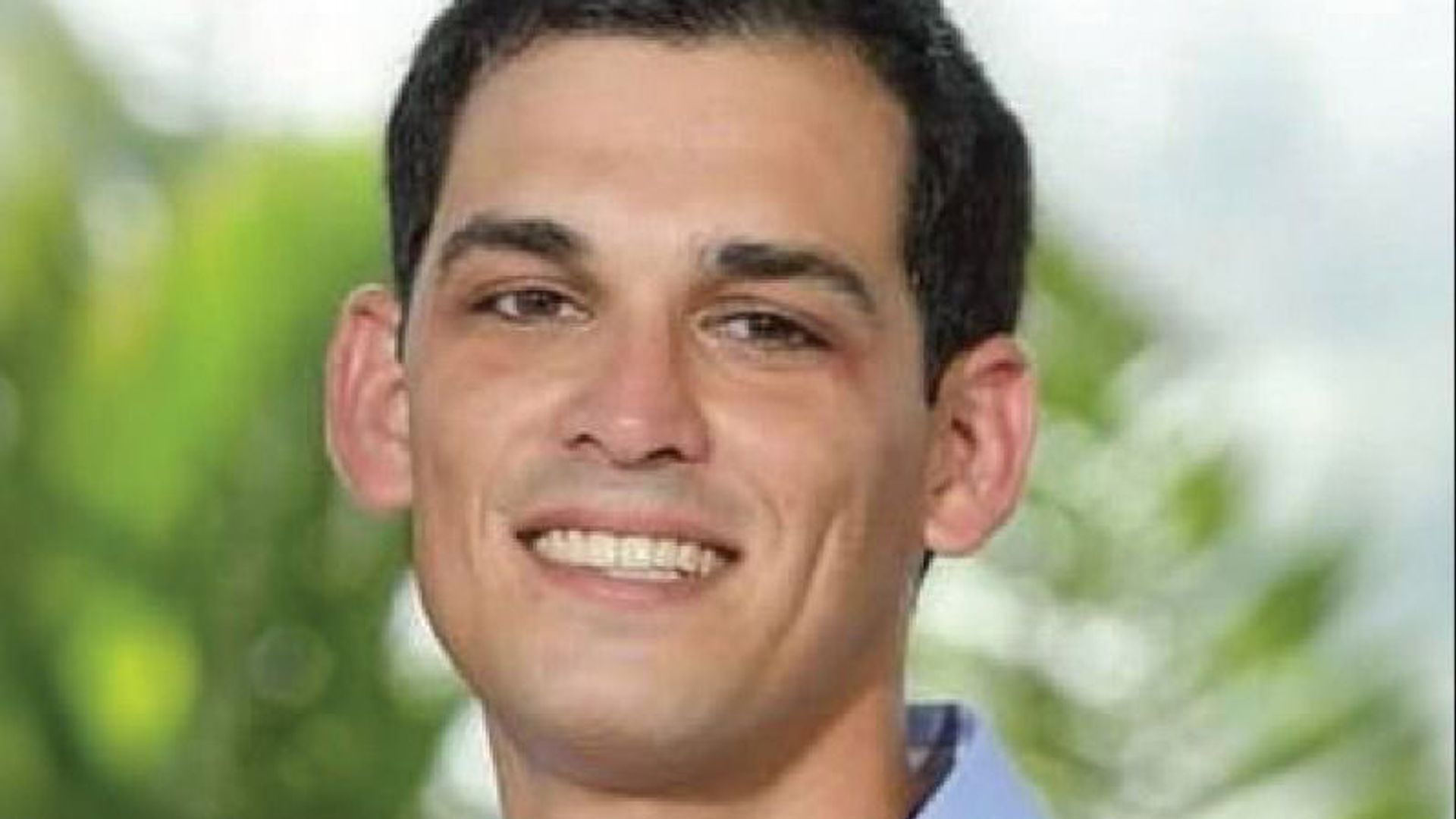Experts have called for “urgent” research into why cancer cases are rising in younger people.
Cancer incidence rates among those aged under 50 have jumped by 24% between the early 1990s and 2019, according to new analysis by Cancer Research.
No other age group was found to have had such a hike in cancer cases. There was a 10% rise in people aged 75 and over.
“Over recent decades, there has been a clear increase in cancer incidence rates in young adults in the UK,” said Professor Charles Swanton, Cancer Research UK’s chief clinician.
“Evidence suggests that more adults under 50 may be getting cancer than ever before.”
While cases remain “relatively uncommon”, with only a small portion of the population being diagnosed with cancer before the age of 50, “the trend is important”, the professor said.
Among young people, the number of women being diagnosed with cancer is significantly higher than men, but that trend flips in older age groups, where the proportion of women with cancer is significantly lower than men.
Keep up with all the latest news from the UK and around the world by following Sky News
“Increased exposure to known as well as unknown cancer risk factors, changes to lifestyles and diets over time, and rising obesity may all contribute to the uptick in early-onset cancer,” Professor Swanton said.
“Around four in 10 cancer cases are preventable, and there are steps people can take to help reduce their cancer risk.
“Not smoking, keeping a healthy weight, being safe in the sun and cutting down on alcohol all makes a big difference.”
Read more:
Spit test for prostate cancer ‘could save thousands’
Melanoma skin cancer cases at all-time high in UK
Be the first to get Breaking News
Install the Sky News app for free
According to the analysis, the number of cancer cases on average in people aged 25 to 49 is expected to rise to more than 34,000 a year by 2040, up from the 32,659 estimated between 2023 and 2025.
“We urgently need more research to unlock the answers and understand why cancer cases are rising in younger people not only in the UK, but globally too,” Professor Swanton said.










